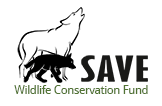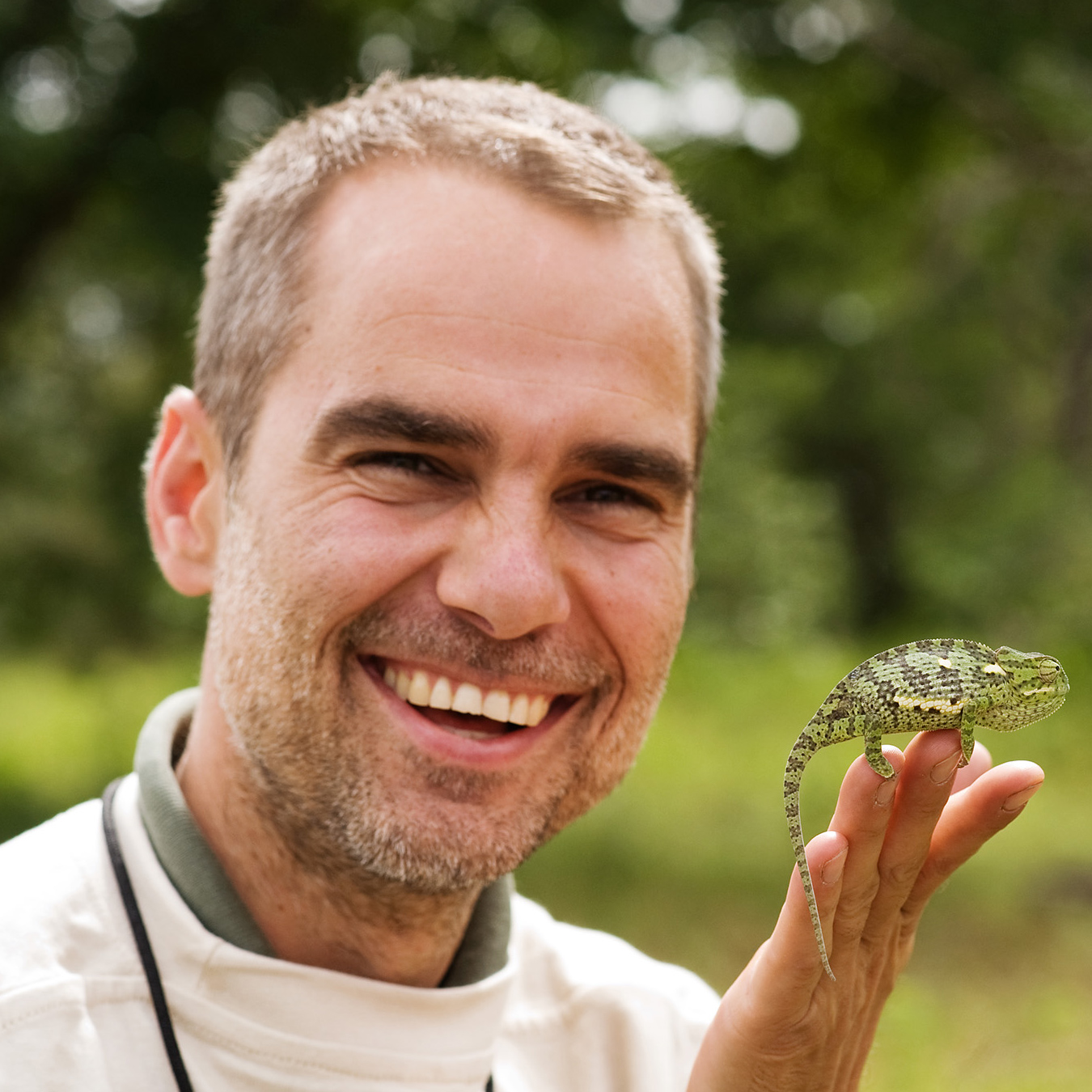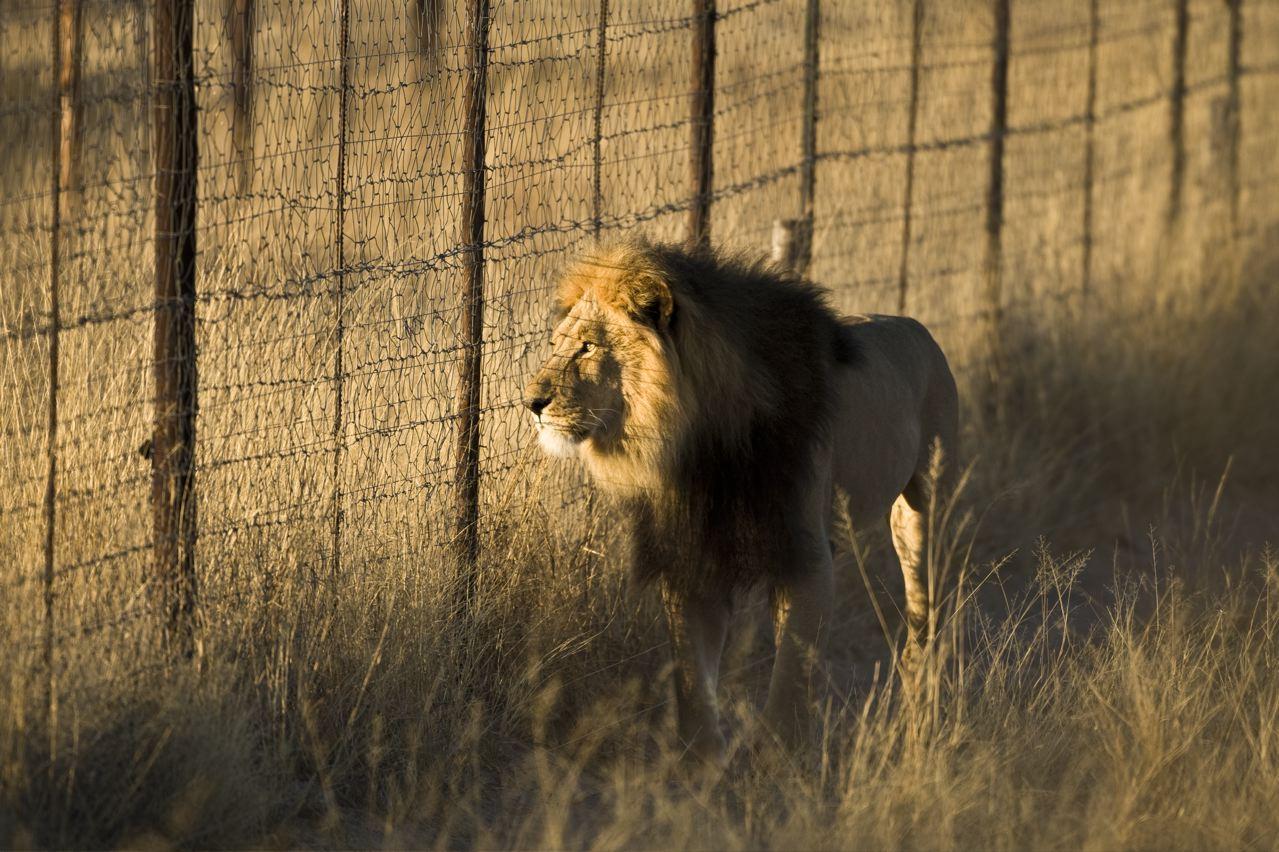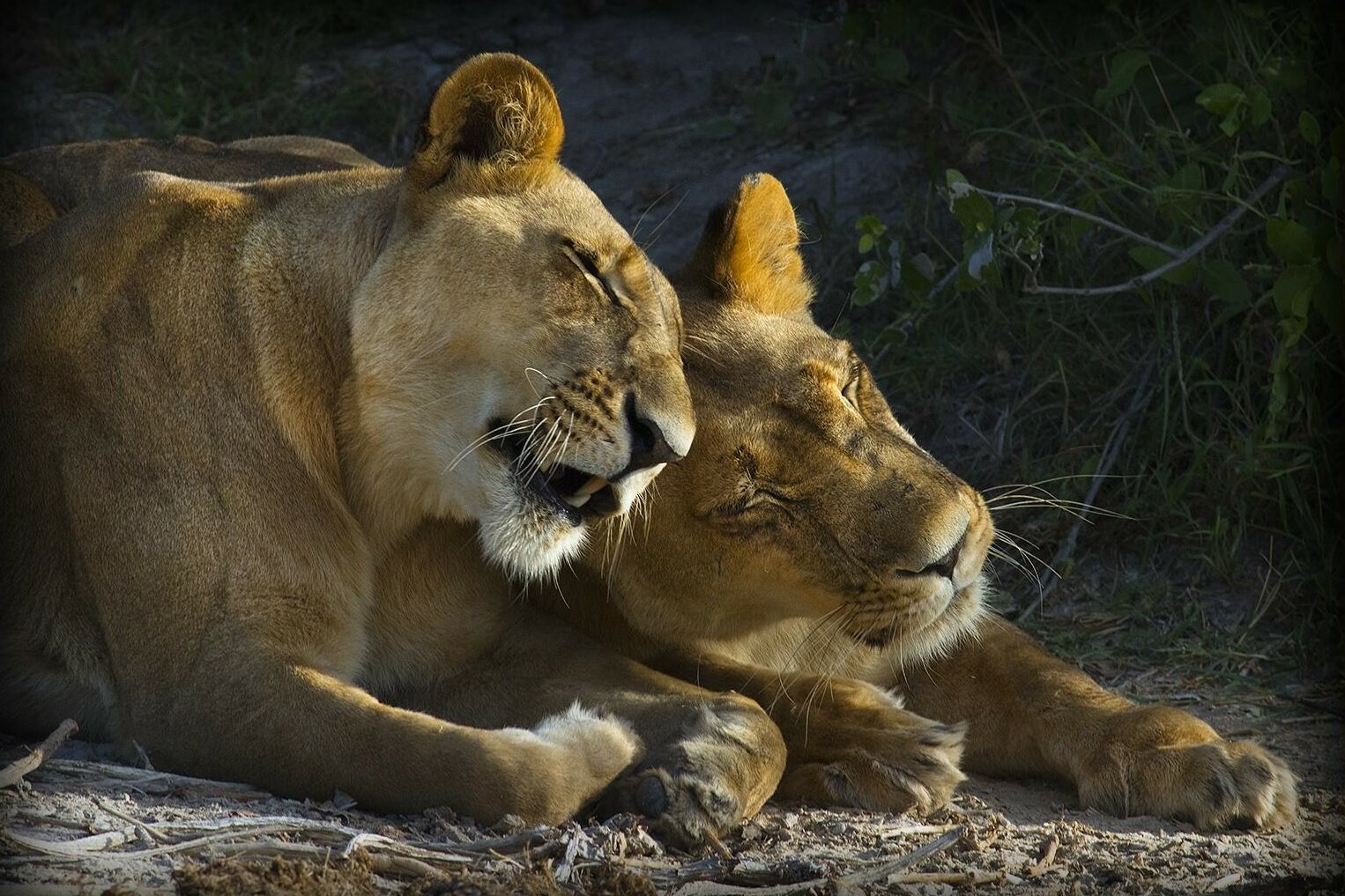LION PROTECTION
IN BOTSWANA
LION PROTECTION
BOTSWANA
Lions are in danger
A serious threat to the lion population is their conflict with farmers. Due to the progressive expansion of people to new areas, wild animals are losing their habitats. On the other hand, lions hunt cattle in farming areas – for which they are killed in retaliation by farmers. To face these challenges, the SAVE Fund works together with local communities in Botswana and develops effective solutions to support the coexistence of village communities and lions.
Educational activities
We develop farmers’ skills that allow for effective monitoring of lions and protection of cattle. We organize workshops for farmers on building enclosures, functioning of warning systems and tracking animals. Trained cattle farmers can warn their neighbors of approaching lions and convey this information to the rangers, who then act as a rapid response team.
Scientific research and lions observations
We conduct field research and monitoring of the lion population – distribution and size of the population, dispersion and migration, food habits, social behavior, diseases and poaching. In addition, in cooperation with the research team of the Department of Wildlife and National Parks in Botswana and the Technical University of Munich, we resettle lions from livestock areas to protect them from retaliatory killing.
What does SAVE need your donation for?
- Technical equipment to track and observe lions (radio collars, GPS devices, binoculars, computers and software)
- Communication equipment (phones, radios, internet connections)
- Transportation (off-road vehicles, fuel, maintenance, repairs)
- Staff (payroll, housing, meals, travel expenses for researchers, assistants and field trackers)
- Veterinary care (medication, safety boxes, traps, tranquillizers, etc.)
- Scholarships for African students
- Laboratory tests
- Informational materials (flyers, brochures)




